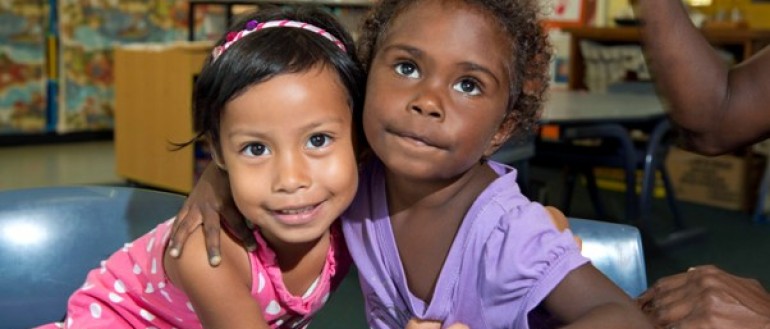Funders:
- Medical Research Future Fund (MRFF)
Collaborators:
- Menzies School of Health Research
- Queensland Children’s Hospital, South Brisbane
- Queensland University of Technology, Brisbane
- Gold Coast University Hospital, Southport and Griffith Uni
- Queen Mary University of London
- Griffith University, Gold Coast
- The Children's Hospital at Westmead and University of Sydney
- Royal Children's Hospital, Melbourne and
- Murdoch Children’s Research Institute, University of Melbourne
- University of Edinburgh
- Royal Darwin Hospital
Aim:
To test whether oral bacterial lysate prevents parent-reported healthcare professional-confirmed wheeze in children after severe bronchiolitis.
Secondary aims:
To understand the effect of 24 months of oral bacterial lysate treatment on:
- Clinical outcomes: parent-proxy quality of life (QoL), and incidence of atopy, recurrent wheeze requiring asthma medication(s) for >4 weeks (e.g. inhaled corticosteroid), hospitalisations, and acute respiratory infections at 24-months;
- Cost-effectiveness and;
- Systemic T cells and dendritic cells, the diversity of nasopharyngeal and gut microbiota, and its relationship to wheeze development.
Summary:
Childhood asthma is a global problem and particularly common in countries like Australia. Currently, there are no effective trial-based interventions to prevent the development of preschool wheeze and/or asthma. In young children, episodes of viral-triggered wheeze are common but, unlike later childhood asthma, most resolve by school age. A group at much higher risk of developing preschool wheeze that will continue as school-age asthma are infants hospitalised with bronchiolitis. In Australia, ~13,000 infants are hospitalised with bronchiolitis yearly.
The oral bacterial lysate to prevent persistent wheeze in infants after severe bronchiolitis; a randomised placebo-controlled trial (BLIPA-AUS) study aims to determine whether infants aged 2 weeks to <12 months admitted to hospital with bronchiolitis are at an increased risk of developing wheeze and being diagnosed with asthma. Preventing the development of wheeze in preschool children would have major health benefits, but until now no prevention therapies have been effective.
This study is looking at whether giving Broncho Vaxom for 10 days each month for 24 months could stop the progression of recurrent wheezing and asthma. Broncho Vaxom is a capsule of inactive microbes/bacteria (bacterial lysates) that stimulate the immune system. This may increase the body’s natural defenses and prevent the development of wheeze and/or asthma. We also hope to find out some of the ways by which Broncho Vaxom affects the immune system by looking at cells in the blood and saliva, and bacteria in the nose and stool.
Implications for policy and practice:
Preschool wheeze and asthma in children are a major cause of global morbidity with substantial health costs. If Broncho Vaxom is effective, our study will have profound implications on preventing childhood wheeze and asthma.
Chief Investigator:
Project Manager / local lead:
Contact information:
gabrielle.mccallum@menzies.edu.au
Project Dates:
- 2023 - 2026

